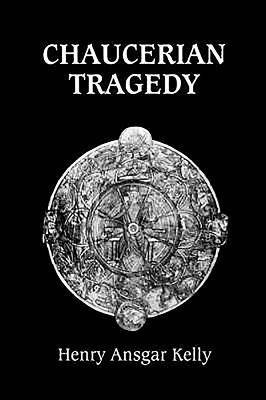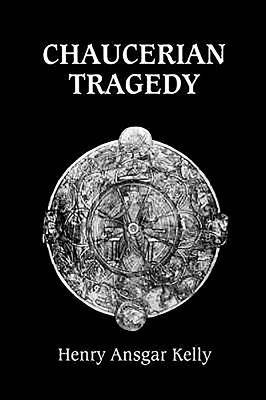
Bedankt voor het vertrouwen het afgelopen jaar! Om jou te bedanken bieden we GRATIS verzending (in België) aan op alles gedurende de hele maand januari.
- Afhalen na 1 uur in een winkel met voorraad
- In januari gratis thuislevering in België
- Ruim aanbod met 7 miljoen producten
Bedankt voor het vertrouwen het afgelopen jaar! Om jou te bedanken bieden we GRATIS verzending (in België) aan op alles gedurende de hele maand januari.
- Afhalen na 1 uur in een winkel met voorraad
- In januari gratis thuislevering in België
- Ruim aanbod met 7 miljoen producten
Zoeken
€ 59,95
+ 119 punten
Omschrijving
A study of Chaucer's definition of tragedy - with special reference to Troilus -and its lasting influence on English dramatists. This book is concerned with the medieval idea of what constituted tragedy; it suggests that it was not a common term, and that those few who used the term did not always intend the same thing by it. Kelly believes that it was Chaucer's work which shaped notions of the genre, and places his achievement in critical and historical context. He begins by contrasting modern with medieval theoretical approaches to genres, then discusses Boccaccio's concept of tragedy before turning to Chaucer himself, exploring the ideas of tragedy prevalent in medieval England and their influence on Chaucer, and showing how Chaucer interpreted the term. Troilus and Criseyde is analysed specifically as a tragedy, with an account of its reception in modern times; for comparison, there is an analysis of how John Lydgate and Robert Henryson, two of Chaucer's imitators, understood and practiced tragedy.
Professor HENRY ANSGAR KELLY teaches at UCLA.
Professor HENRY ANSGAR KELLY teaches at UCLA.
Specificaties
Betrokkenen
- Auteur(s):
- Uitgeverij:
Inhoud
- Aantal bladzijden:
- 312
- Taal:
- Engels
- Reeks:
- Reeksnummer:
- nr. 24
Eigenschappen
- Productcode (EAN):
- 9780859916042
- Verschijningsdatum:
- 8/05/1997
- Uitvoering:
- Paperback
- Formaat:
- Trade paperback (VS)
- Afmetingen:
- 156 mm x 234 mm
- Gewicht:
- 439 g

Alleen bij Standaard Boekhandel
+ 119 punten op je klantenkaart van Standaard Boekhandel
Beoordelingen
We publiceren alleen reviews die voldoen aan de voorwaarden voor reviews. Bekijk onze voorwaarden voor reviews.









